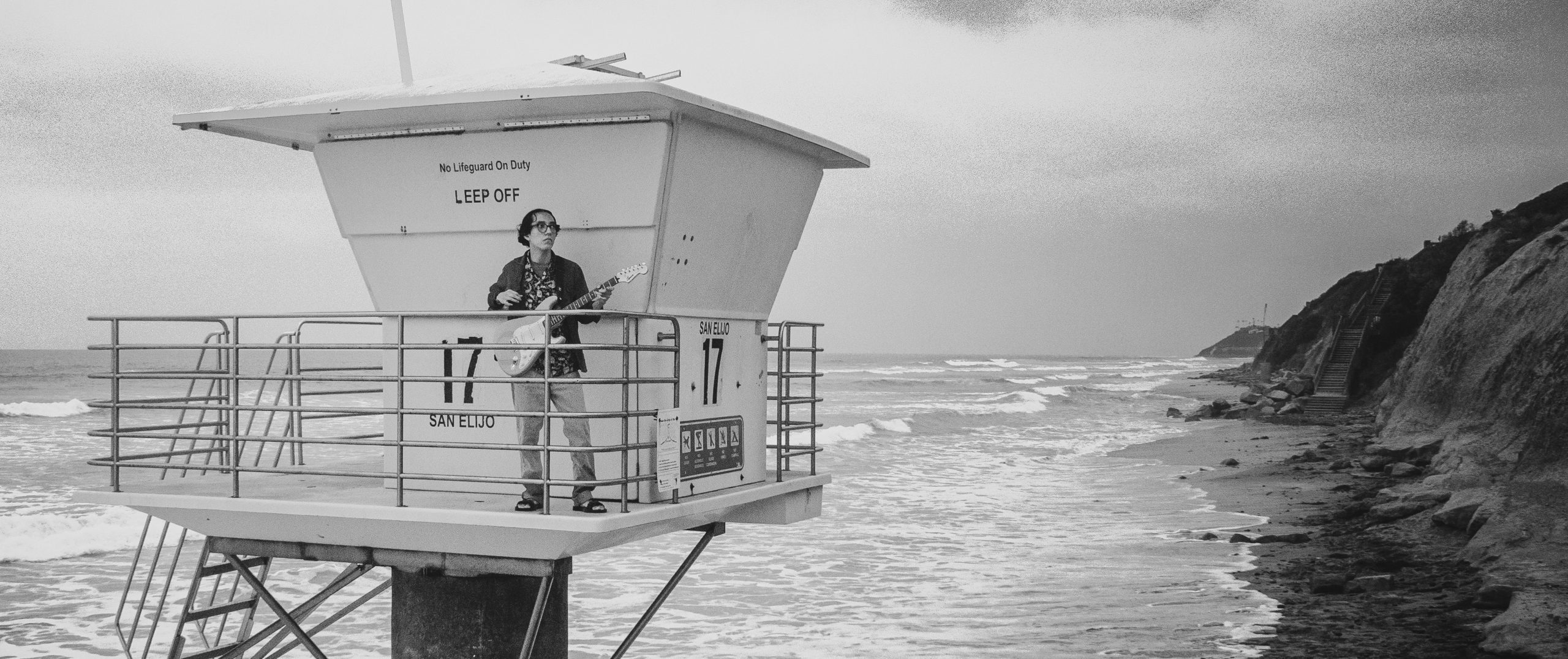
What is the last song you were listening to?
Let me check. It was Chem 6a by Switchfoot. This reason is because this is actually a class offered at the University of California, San Diego (UCSD). Actually, the lead singer of the band actually went to this university and studied chemistry I believe. He dropped out to pursue his singing career and they became popular in San Diego. Kanye West dropped out. I wouldn’t drop out. I have to graduate because I told my parents.
What was your first contact with music?
It was on Black Friday. 10 years ago. I was 12 years old. I saw a guitar on sale and I told my dad that there’s a guitar for one hundred dollars. We got there super early to line up before the store opened. To go further back, I literally grew up in church. I enjoyed that a lot. That’s really where I fell in love with live music. What is interesting is that the lead singer from Switchfoot, Jon Foreman, always spoke about his faith during his performances. Not necessarily religion, but spirituality – this was in the early 2000s in the San Diego music scene. Everyone in our church knew Joe Foreman and his band Switchfoot. One reason why I picked up the guitar was that I wanted to play at church. I saw people playing and it looked fun. I learned some basics about music in church and the actual skills on YouTube. When I got better, I finally played for a couple of years at my church, mainly contemporary Christian music.
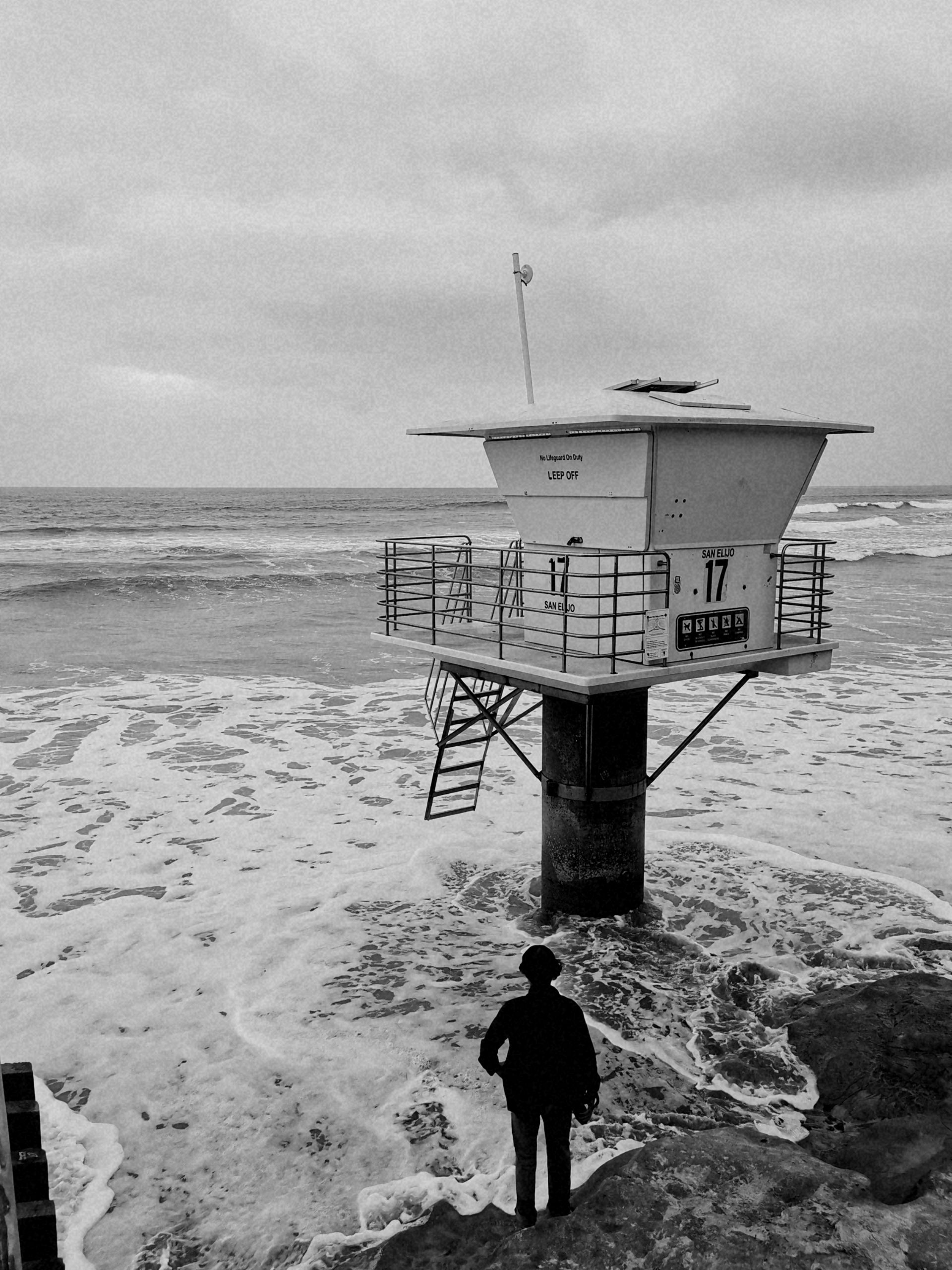
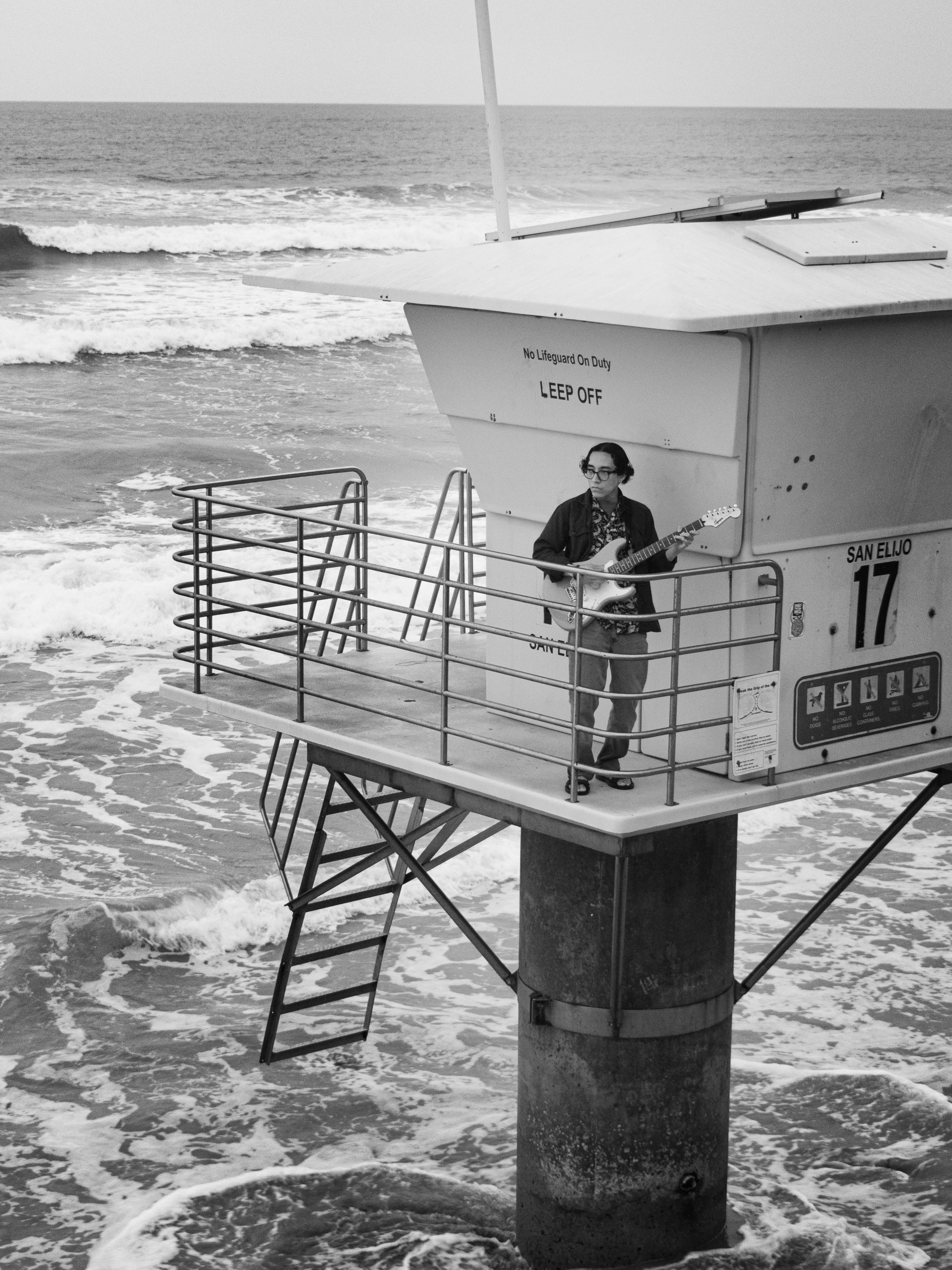
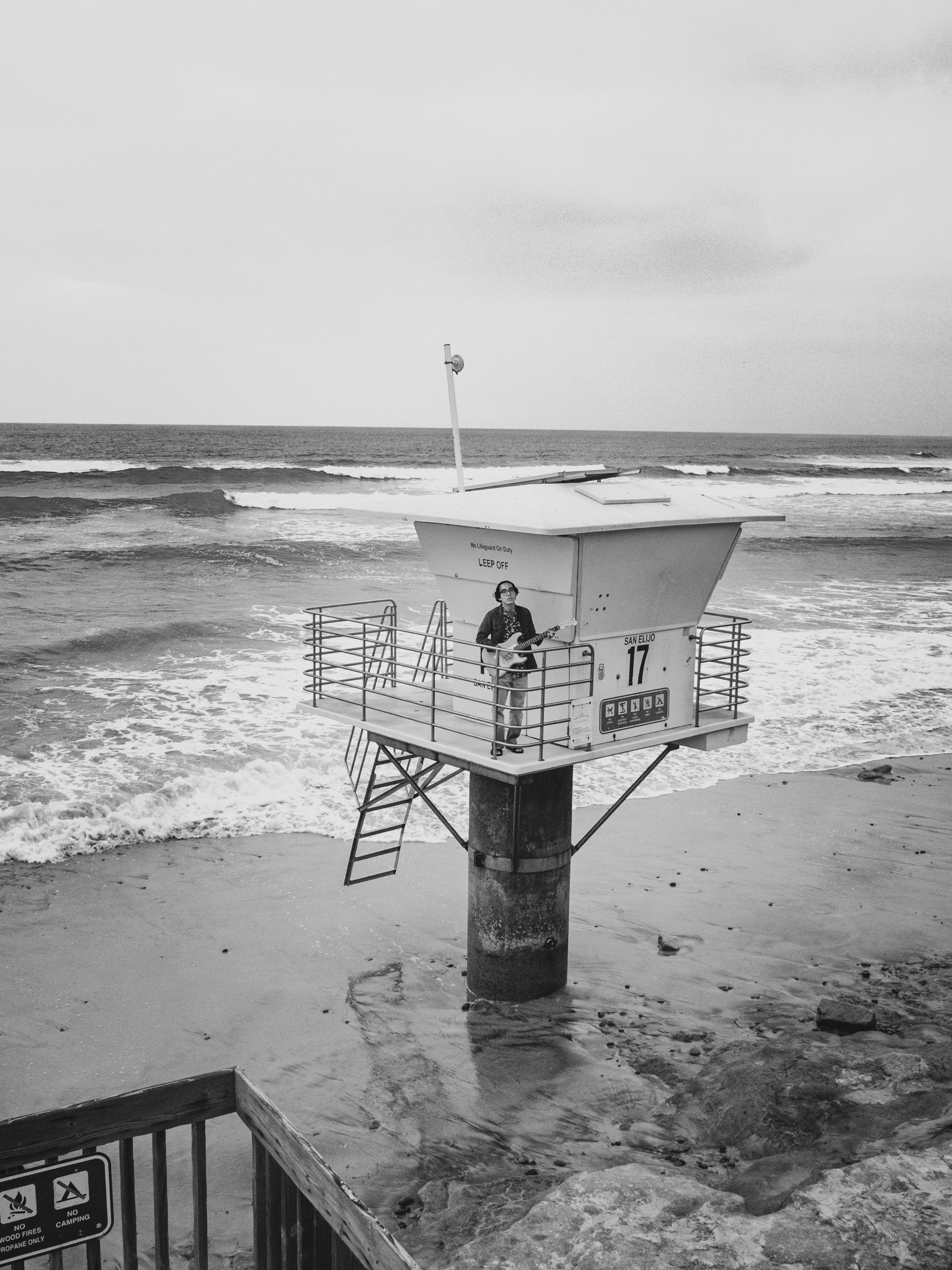
What brought you to study at the University of California, San Diego?
I grew up in the San Francisco Bay Area. Last year, I applied to transfer from Community College to UCSD. I got accepted at UC Berkeley and UC San Diego. I was really torn between the most prestigious public schools in California and a less prestigious but still very great school. And thought, “screw that, “I don’t care”. It’s all about what you can do, and San Diego seemed to be a more creative place.
Here in San Diego, the people are less caught up in the academic prestige and don’t want to meet the standards of how to behave up to the prestige. Other things count more than “hey, I have a better grade than you”. I heard stories of students sabotaging their fellow students’ exams to have them get worse grades. What’s wrong with them? You really need something more than toxic academic behavior to validate success. This path straightforward doesn’t necessarily guarantee success.
How’s life on campus in San Diego?
I live on campus in a student dormitory with literally 4 people from all different countries. One guy from China, one from Korea, one from Japan, and one from Indonesia. I was thrown into this and our different backgrounds and habits turned into many silly, but funny problems. Simple things such as, who’s taking the trash out, who’s buying the soap. They are also not used to leaving the house. Sometimes it seems like all they care about is gaining prestige. Everything is planned. Graduate as one of the top of the class and get into a big company. But what happens to their creativity and independent thinking? You might be perfect at doing nothing but calculations but in the end, you’re emotionless. We need people that just do what they’re told to at times. But we also need people that don’t follow the path everyone tells them to do. Who are like “I’m not exactly sure what I’m gonna do”. That leads you to opportunities that other people don’t have. Many people I meet on campus are like “I have to study this and apply for this job because my parents told me”. I feel like academic success above everything is also embedded more or less in different cultures.
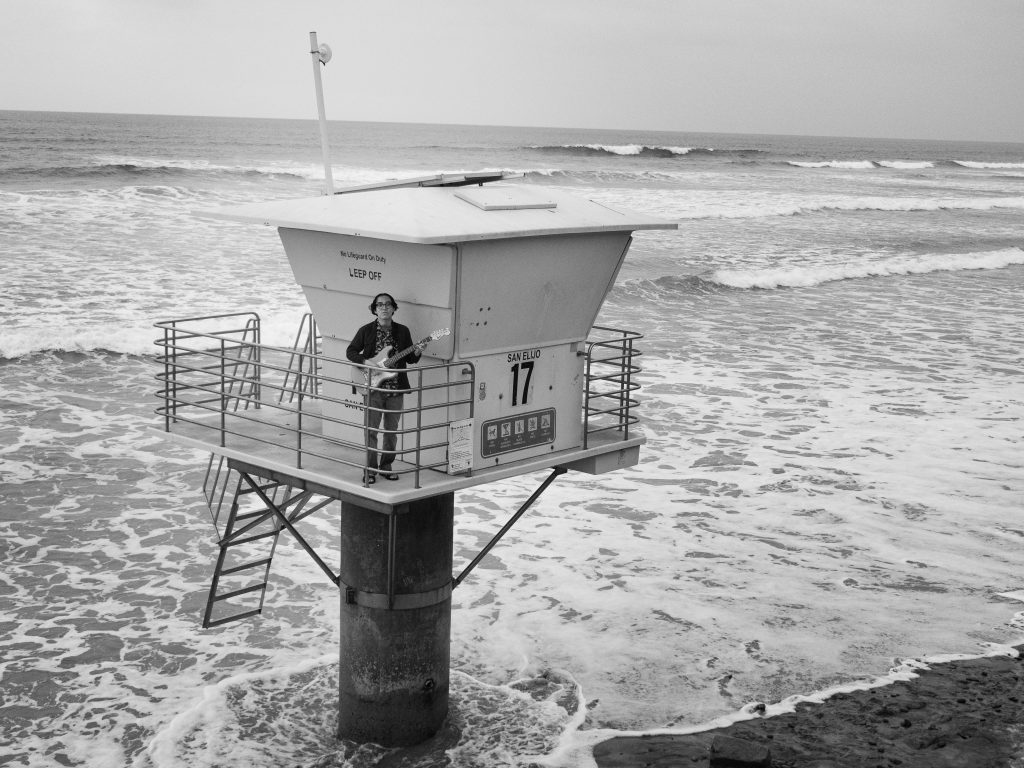
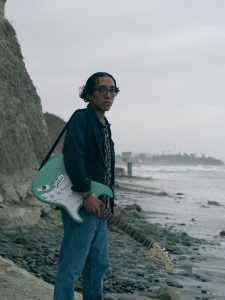
What would give you prestige in your (American/ Californian) culture or community?
It’s not so necessarily about ranking in an academic system but more about impact. What are you doing differently that other people aren’t? I feel like this counts much more than being amongst the best 10% of your class. Individualism is a big thing in American culture. We don’t necessarily want to blend in or follow the crowd. On the other side: anything could be American. It doesn’t matter where you’re from or how you look. Being American is, that you don’t have to conform to what other people have to say about what you’re doing. I want to be radically different from other people – if that is some type of metric.
What means success for you in music?
I think music, historically, has always been a way to talk about things that people are scared to talk about. Like in the 60s, musicians spoke out against the Vietnam War. This was reflected through music but later brought some larger impact to society. To me this seems like a really cool thing to be able to do and shows how much music can really do – in the big picture of things.
What do you express through your music?
A lot of random stuff or political stuff. There is a lot of stuff around like I want to write a love song because there’s the girl I saw and she made me fall in love. Things like about a distant friend or someone that was part of your life. You just memorialize this person you met in a song. It’s a way to remember. You have that memory every single time when you play or listen to that song and it brings back so much of the emotions. This is the ultimate form of expression in musical means.
Tell me about your last love song
This was before I came to UC San Diego. The last song was “Right Through”, which I wrote in my dorm room. It’s literally about my experience of walking around campus and observing people. I wrote it in the first-person point of view. Partly it’s about seeing a girl you like but are too scared to go up and say anything. It’s also about the experience of meeting different people on campus. People all expressing themselves in different forms – like the artists, engineers, and athletes on campus who I have met or talked to on campus.
There’s another song that has nothing to do with girls. It’s called “Sue Me”. It’s a more serious one. It’s not directed at a specific being, no gender is involved. It’s about the situation when people get so political about how they’re acting towards you that you ask the question why don’t they just sue me. To say “Sue Me” is kind of a really nice way of saying screw you.
Here on campus, I felt like, if you don’t fit into a certain culture, then you’re automatically the odd one out. There are unwritten rules: you can’t be part of a club because you don’t fit into their image. So instead of saying “screw you”, why don’t you just say “sue me“ instead?
What genres influence your music?
Not any genre in particular. The trend right now is trap music. Everyone’s trying to copy that. But before that it wasn’t popular. So, I have the option to fall into that category of artists that just sound the same. Maybe be successful riding the wave. But ten years from now no one’s gonna remember who they are. But then you have artists everyone remembers like the Beatles or Justin Bieber. So, what makes them different? I think that it is about getting creative. Being different. Here is who I’m listening to now: Memo Boy, Khraughbin, Mac DeMarco
Can’t you ride the wave, keep the influence and go on your own path?
That seems logical. But I always struggle with logic versus with doing what you think is right out of gut instinct. So, I’m biased on this question. I’d say, you could ride the wave but you’ll be forgotten. You will never stand out. You might have your niche following but you’re never going to stand out.
Have you found your niche?
That’s what I’m trying to do right now. Who’s really connecting with the stuff that I’m talking about in my music. My music is definitely not universal-like any upcoming artist. However, I met many people on campus who told me that they like my music and they’re all so different. All so different in the sense that they were not the target audience that was expected.
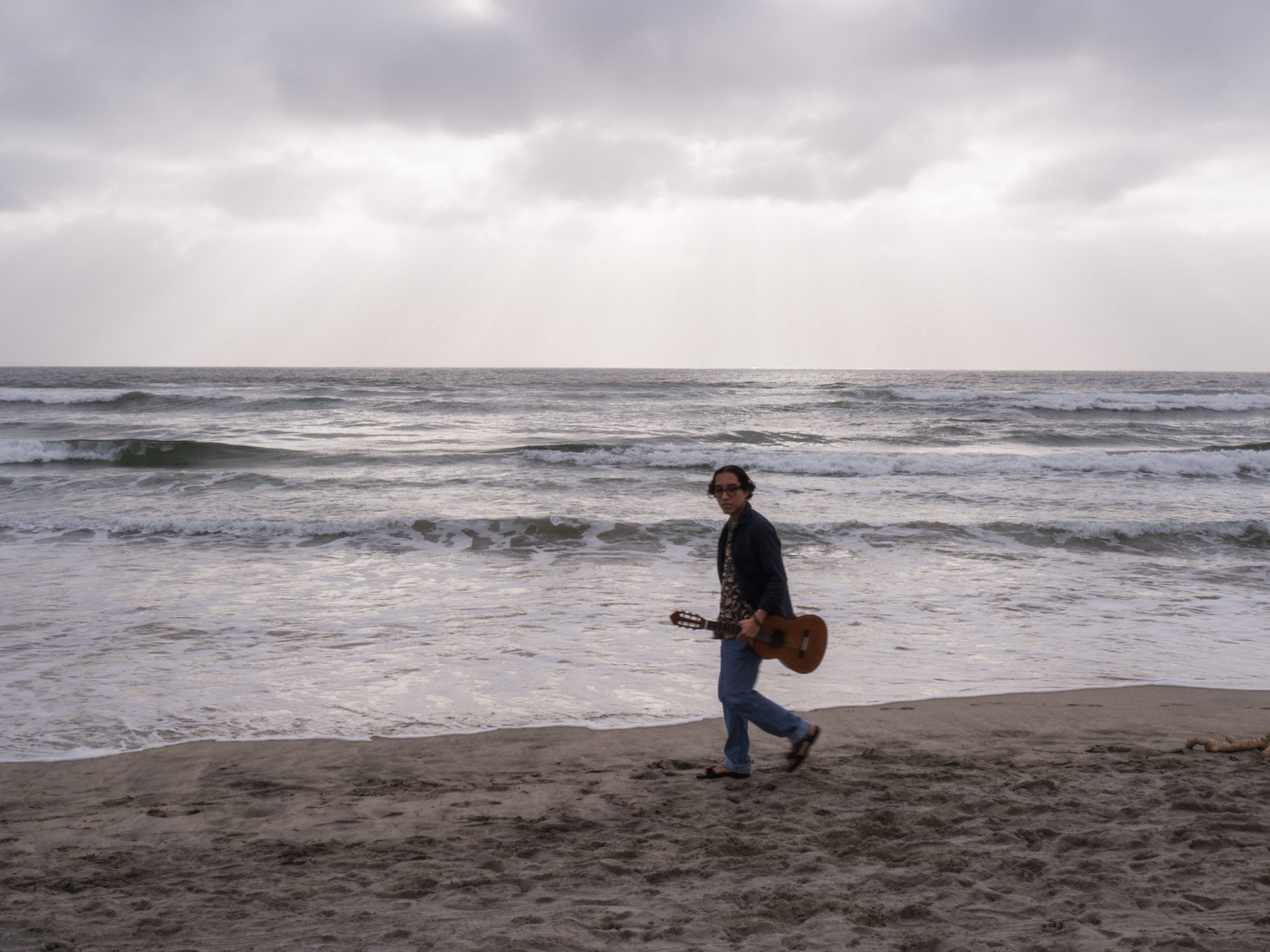
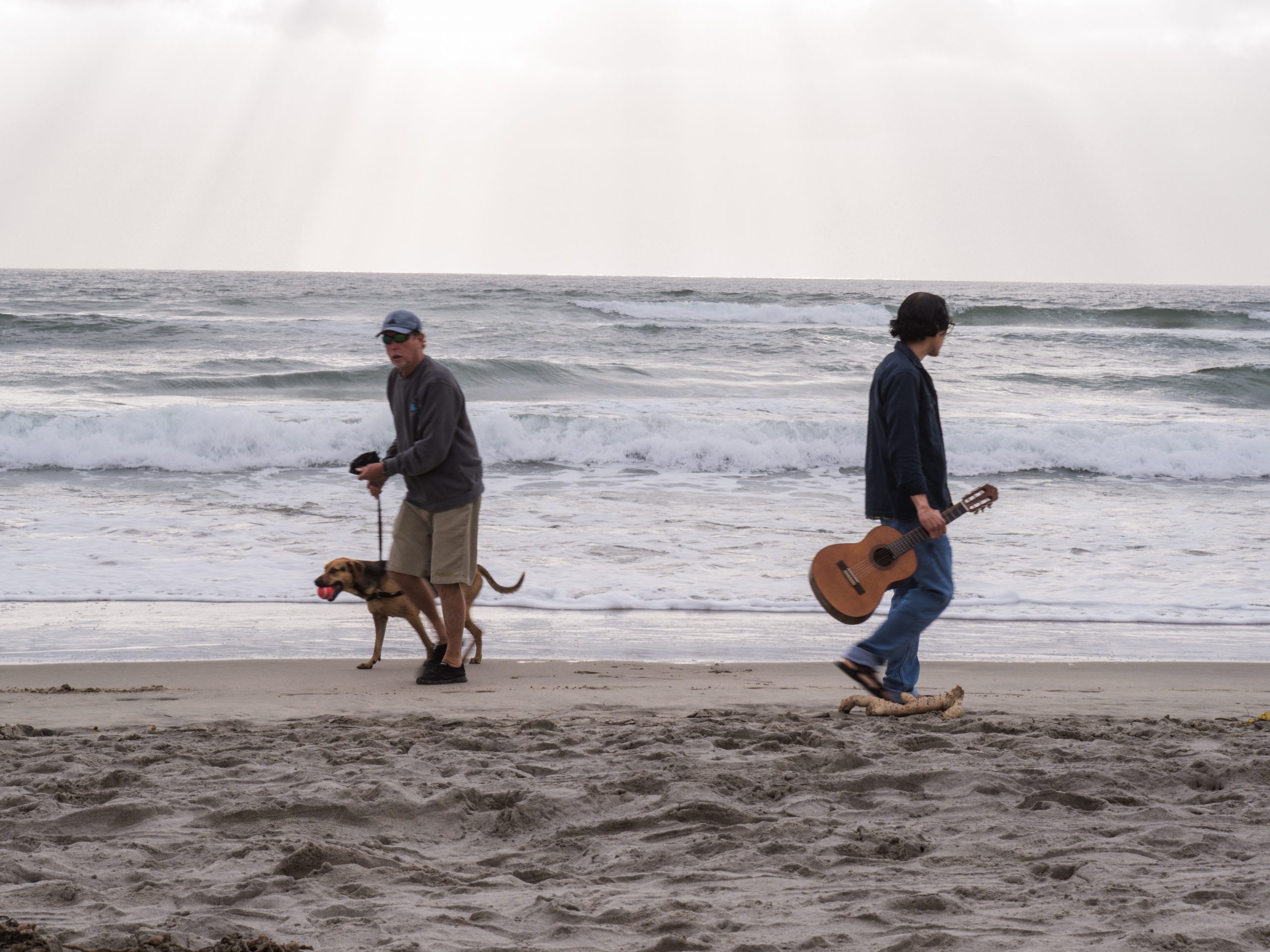
How does your professional technical background influence your music?
That’s always a challenge to me. Maybe my music side influences my technical aspect of life, which goes against the rules in computer engineering. In my classes, I don’t have to be creative. Generally in academia, you’re rewarded not for being creative but for following the rules and getting things done. And for the music side in me, I want to do whatever I want. Rules hold you back. Actually, I don’t know how to read music. I don’t think in the way of musical notations. With music I can be myself.
The “Sue Me” song is another way of saying I don’t wanna follow the rules. Like, if you don’t like me then you can sue me. If you’re really that upset that I’m here “Sue Me” because I don’t really care. That’s my way of saying, I’m not gonna follow the unspoken rules here at UCSD. Like the status quo. I feel like it’s a thing I don’t necessarily identify with.
Are there other musicians who can’t read music?
As far as I know. The Beatles didn’t know how to write and read music. They didn’t create music in that mindset of sitting down and composing. It was more like we’re gonna come together and see what we can do and go with what we think we like and there will be a result. And that was them. Another guy was Elvis Presley. He never really knew music notation. But he was the biggest pop star in American music. It might be different with classical music, although Hans Zimmer, one of the most famous composers, cannot read conventional music notation. He learned to compose as a jingle writer for advertisement commercials.
Who was your first musical idol?
Nobody played any instrument in my family. However, my first inspiring exposure to music was the R&B music from the 80s my father played in the car. I well remember the really groovy music from Earth, Wind and Fire or Marvin Gaye. Later on, it was Switchfoot in the church context– as I told you in the beginning. Another guitar inspiration was Stevie Ray Vaughan. He was one of the most influential guitarists of the time. Younger influences were many Indie bands no one knows about. Random bands from all around Southern California and Northern California. Of course, you’re inspired by music but speaking of idols- I would rather call them musical influences.
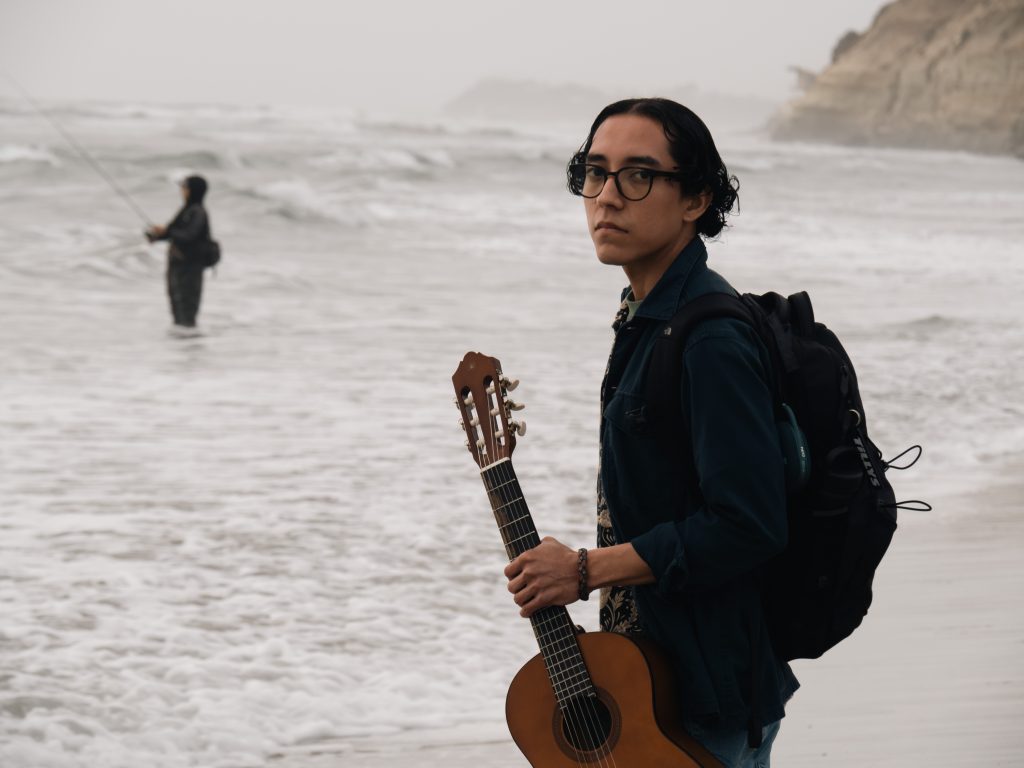
Tell me about your upcoming album titled: “Songs From San Diego”
Yeah, all the songs on the album were inspired by experiences related to my experience transitioning into college here at UCSD. I’m currently working with a local artist here at UCSD to create some of my digital artwork for the album. A new influence were the pictures we took for this interview, which will set a new theme for the four-track EP. You can stay tuned and follow me on all social media platforms: @markdelmar_
The phrase “Del Mar” came up because I have a thing for learning languages and the ocean. Del Mar means from the ocean. There’s something about waves in general. The oscillations. It’s calming. You see people walking by the ocean and they’re kind of in their own mind and their own zone. There’s a gravitation towards the ocean without any reason. Well, most go because of the beach. But I feel like the people that interest me more are the ones that are going there for walks in the evening time, alone. Because they’re the ones that say “hey, I don’t need the party crowd”, I just wanna go out for my walk and think about life, and here is the ocean crashing against the cliff. This is calming. That way, I feel good and connected to my life.
What makes you optimistic about the future?
Honestly, my faith. That’s the most optimistic thing I can rely on.


